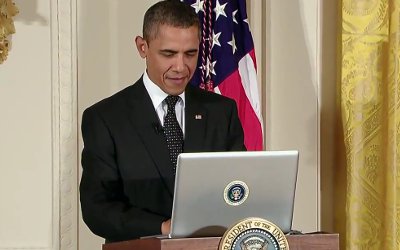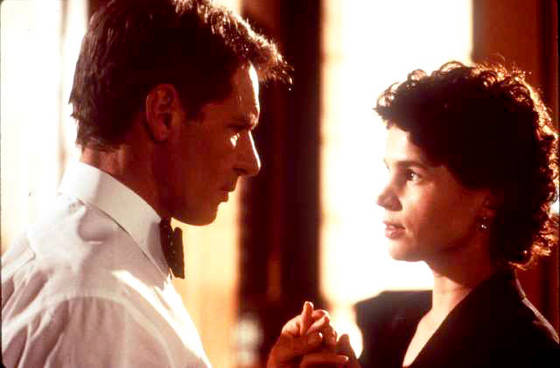At Amazon, David Blum, the editor of Kindle Singles, has a very smart (and completely free) interview with President Obama about the state of the economy. The President touches on the sweeping changes that automation has brought to the job market, though he doesn’t go nearly far enough in acknowledging the seismic shifts that are occurring. Globalization may have been just as disruptive thus far, but it’s automation that will ultimately have a deeper and more-lasting impact. And I don’t know that community college courses will remedy that. An excerpt:
“President Obama:
Where I think we have fallen is in staying focused on the benefits of an economy where growth is broad based and everybody has opportunity. We have increasingly resigned ourselves to a ‘winner-take-all’ economy–again, driven a lot by technology and globalization, where folks at the very top are doing very well and the broad middle class of people, people trying to get into the middle class, are having a tougher and tougher time. You will see that in every profession. You see that in journalism. It used to be that there were local newspapers everywhere. If you wanted to be a journalist, you could really make a good living working for your hometown paper. Now you have a few newspapers that make a profit because they’re national brands, and journalists are having to scramble to piece together a living, in some cases as freelancers and without the same benefits that they had in a regular job for a paper. What’s true in journalism is true in manufacturing and is true in retail. What we have to recognize is that those old times aren’t coming back. We’re not going to suddenly eliminate globalization. We’re not going to eliminate technology. If people are going to book their vacation over the Internet, they’re not going to go down to a local travel agent. If that’s the case, then where are the new opportunities? Where are the new industries? With just a few modest, but really important, changes to government policy, we could be doing an awful lot better than we’re doing right now. American living standards would still be higher than folks a generation ago. People might have different jobs, so instead of a guy who had just graduated from college walking over to the local plant, like his dad did, and getting a good middle class job doing blue collar manufacturing work, now he might have to go to a community college and get more specialized training because he’s working as a computer technician. The opportunities are available. We just haven’t done a good job of making sure they’re accessible to all people.”


